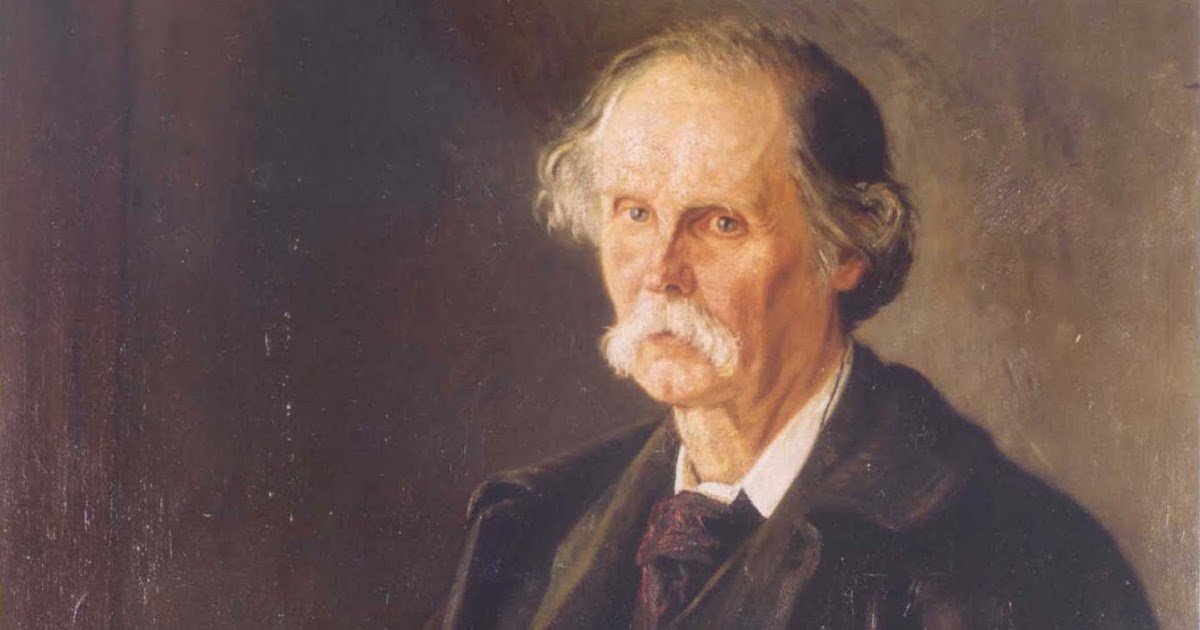Eric Maskin 101: Who is an American Economist and Mathematician? In our article of Zatrun.com, we will cover in detail everything you need to know about Eric Maskin, an American economist and mathematician who our readers are curious about.
Who is Eric Maskin?
Eric Maskin, an American economist and mathematician, was born on December 12, 1950 in New York City. He comes from a Jewish family and grew up in Alpine, New Jersey. Maskin is currently a Professor at Adams University and a professor of Economics and Mathematics at Harvard University.
He was awarded the 2007 Nobel Memorial Prize in Economic Sciences together with Leonid Hurwicz and Roger Myerson for laying the foundations of mechanism design theory. Before his appointment to Harvard, he was Albert O. Hirschman Professor of Social Science at the Institute for Advanced Study until 2011.

He completed his undergraduate studies at Harvard College, where he received an A.B. degree in mathematics in 1972. Later, He continued his graduate studies at Harvard University. He earned his A.M. degree and Ph.D in applied mathematics here in 1974. He received a doctorate in applied mathematics in 1976. He was a visiting student at Darwin College of the University of Cambridge during the academic year of 1975-76.
His Academic Life
Eric Maskin, an American economist and mathematician, started his career as a research assistant at Jesus College of the University of Cambridge in 1976 after completing his doctorate. The following year, he moved to the Massachusetts Institute of Technology, and in 1985 returned to Harvard as the Louis Berkman Professor of Economics, where he taught until 2000. He is the director of the Jerusalem Summer School of Economic Theory at the Institute for Advanced Studies of the Hebrew University of Jerusalem. He returned to Harvard as an Adams University Professor and professor of economics and mathematics in 2011.

Maskin’s research interests cover a wide area in economic theory, including game theory, contract theory, and incentive economics. He is especially famous for his research on mechanism design/application theory and dynamic games. Together with Jean Tirole, Markov proposed the concept of perfect equilibrium. Maskin has also worked on various research projects, such as analysing the causes of inequality, studying coalition formation, and comparing different electoral rules.
His Career Journey
Eric Maskin is a member of the American Academy of Arts and Sciences, the Econometric Society and the European Economic Association, and is a Responsible Member of the British Academy. He served as the president of the Econometric Society in 2003.
Maskin also received numerous honorary degrees, including economics, from the University of Cambodia. He was appointed as a visiting lecturer at Covenant University of Nigeria in 2014 and received the title of HEC Paris Honoris Causa Professor in 2017. He also served on the Social Sciences jury for the 2018 Infosys Award.
Maskin is an active member of the academic community and serves on the board of trustees of the International Economics Olympiad. Together with Ned Foley, he proposed the use of Baldwin’s voting method, known as the “Total Vote Runoff”, as a solution to the problems with the instant runoff method (“Ranked Choice Voting”) in U.S. jurisdictions that use it, and achieved a majority.

Eric Maskin’s Software Patents
Eric Maskin has argued that software patents do not promote innovation, but rather hinder it. According to him, the software, semiconductor, and computer industries have flourished despite weak patent protection in their history. These industries have shown sequential and complementary innovation, which means that competition can increase firms’ future profits.
Maskin believes that patent protection in such a dynamic industry can reduce overall innovation and social well-being. He authored an article on this topic together with James Bessen, quoting a natural experiment that occurred in the 1980s, when software patent protection was extended. Despite the expectation that the R&D intensity and efficiency of the companies that have received patents will increase, this has not happened.












